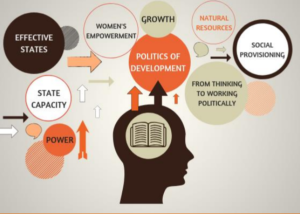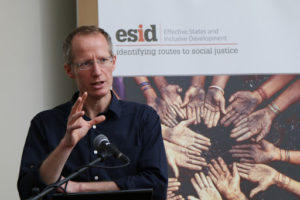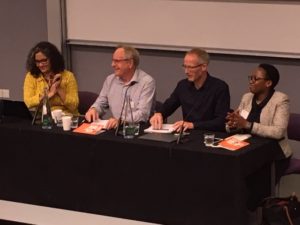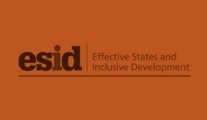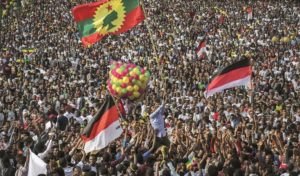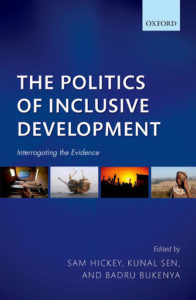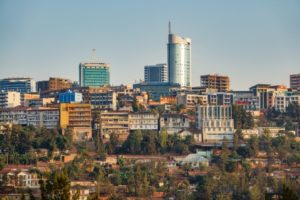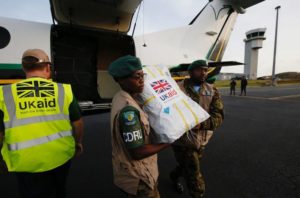| Bolivia | Nepal | Vietnam |
| Ghana | South Africa | Mozambique |
| Peru | Uganda | Myanmar |
| Zambia | Botswana | Sri Lanka |
| Kenya | Ethiopia | Mauritius |
| Tanzania | Cambodia | Turkey |
| Bangladesh | Liberia | Egypt |
| India | Malaysia | |
| Rwanda | Thailand |
Researching the politics of development
Political Settlements
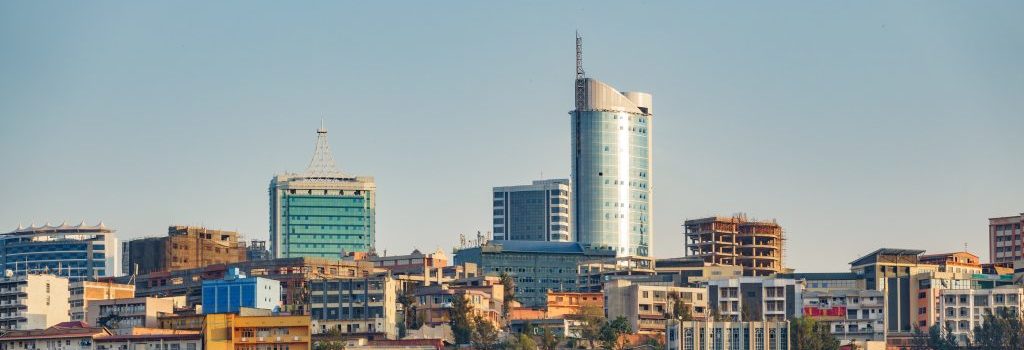
Almost everyone agrees that ‘politics matters’ for development, but there is little consensus about what this actually means. We think about this in terms of “political settlements“: how power is distributed within polities and which social groups matter.
Political settlements analysis enables deeper insights into how politics affects state capacity and elite commitment to deliver inclusive development. It helps us move away from a blanket “what works” approach to instead ask – “what will work given this particular context?”
We think development practitioners can use political settlements analysis to better understand the context in which they work. Asking: who are the powerful groups in this society, how are they configured and what do they want? Doing so allows development work to be done with a state’s political reality, rather than in spite of it.
Key findings
Political contexts are not infinitely varied. Whether power in a country is concentrated (to a small group of elites) or dispersed (across a wide number of groups) can help grapple with what it’s possible to do in terms of development and who benefits as a result.
Ideas are central to how political settlements function, are maintained, and how they shape prospects for development. These include ideas about nationhood, who belongs, redistribution of wealth and resources, the relationship between state and capital. Often, those with power only buy into external policy ideas – such as around domestic violence or cash transfers to those in need – when they solve a pressing political problem, an existential crisis, or they fit their ideological frame.
Political Settlements Dataset
The Political Settlements (PolSett) Dataset is a new expert-survey-based dataset constructed by Nicolai Schulz and Tim Kelsall that covers over 200 political economy variables coded for 42 countries in the Global South from 1946 or independence to 2018 (totalling 2,718 country-years). As described in more detail in the codebook and dataset introduction paper, it allows studying central questions of power, coalitions, threats, economic policy-making, and development more directly than previously possible. PolSett’s greatest strength are its detailed mappings of countries’ configurations of power (or ‘political settlements’), by capturing information on the relative size, strength and social composition of contending political blocs in society, their internal cohesion, accountability relations and benefit distribution.
Two versions of the dataset are available. First, a country-year coder-level dataset. Second, the core dataset, that aggregates the respective country-coder responses to one observation per country-year-variable. All indices created from the data are only available in the core dataset.
Case study: Politics and the Three Cs
Context
Different types of political settlement offer different contextual possibilities for development. For example, the spread of cash transfers in sub-Saharan Africa has occurred for different reasons: in dispersed settlements, such as Ghana and Kenya, elections have driven up coverage, whereas what counts in concentrated settlements, is whether governing elites perceive there to be a threat to their legitimacy and survival.
Capacity
Building state capacity is a long-term challenge. In rich as well as poor countries this process has often been undermined by the pressures of political survival and political competition. Leaders in concentrated political settlements can sometimes take longer-term decisions to invest in state-building than those in dispersed settlements, as we found in our work on governance.
Coalitions
Promoting progressive policy agendas that work against prevailing incentives and ideas within a particular context – as with anti-domestic violence legislation – requires a concerted effort by coalitions of diverse actors. Women’s movements in countries with dispersed settlements like Bangladesh and Ghana had to form different types of coalitions to those operating in concentrated settlements like Rwanda and Uganda.
Key blogs
Key publications
Countries of focus
Prof Sam Hickey
Research Director

Sam Hickey is Professor of Politics and Development at the University of Manchester, and Director of Research at ESID.
Dr Tim Kelsall
Research Director

Tim Kelsall is a Research Fellow at the Overseas Development Institute (ODI), London. He is the Cambodia research team leader for ESID, working on growth, health, and education projects.
Prof David Hulme
CEO

David Hulme is CEO at ESID. He is also Professor of Development Studies, and Executive Director of the Global Development Institute, the University of Manchester.
Nicolai Schulz
Researcher

Nicolai Schulz is Research Associate at the Global Development Institute, The University of Manchester, and a PhD candidate at the London School of Economics and Political Science (LSE). He researches for ESID on the political settlement typologies project.

